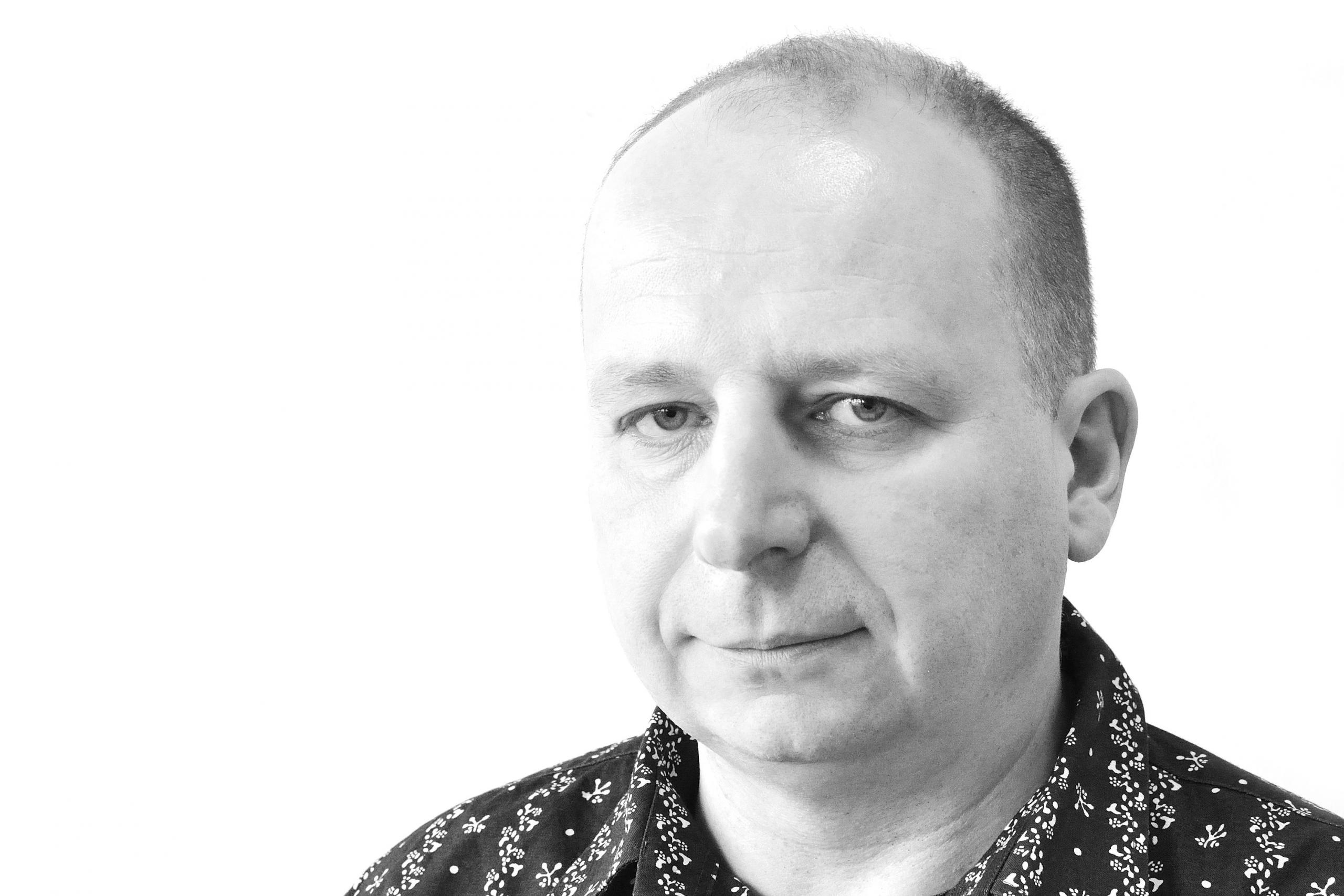Year of birth: 1974
Fields of activity: General and Inorganic Chemistry
Basic and applied research
ales.ruzicka@upce.cz
Prof. Ing. Aleš Růžička, Ph.D., is employed at the Department of General and Inorganic Chemistry, the Faculty of Chemical Technology of the University of Pardubice. From the beginning of his studies he was a member of the research group of Prof. J. Holeček (since 1993). Since 1999 he has been employed as a researcher. In 2001, he completed his doctoral studies and began an independent scientific career. In 2003, he undertook a postdoctoral fellowship at the Royal Society/NATO fellowship with Prof. Michael F. Lappert at Sussex University in Brighton, UK. In the following years he made short-term stays and lectured at foreign universities (Dijon, Zaragoza, Brussels, Saitama, Zurich, Chemnitz, Graz, Munich, Würzburg and KIT Karlsruhe). In 2005 he became Associate Professor and in 2011 he was appointed Full Professor of Inorganic Chemistry. He is a member of the editorial boards of Applied Organometallic Chemistry, Main Group Metal Chemistry, Journal of Organometallic Chemistry and Crystals, Chairman of the Organizing Committee of the International Conference on Organometallic Chemistry, Chairman and member of several subject advisory and scientific boards and member of the Learned Society of the Czech Republic.
Scientific interest
- Chemistry of organometallic and coordination compounds
- Chemistry of main group metal compounds in non-traditional oxidation states
- Interatomic and intramolecular interactions, catalytic processes
Scientific activities
Prof. Růžička deals with the preparation of organometallic and coordination compounds with an emphasis on the study of the relationships between structure, their static properties and reactivity as well as possible applications in catalytically controlled processes and materials area. The focus is on the chemistry of non-metals and main group metals, from alkali metals through boranes, aluminium compounds to halogens. To stabilize unconventional clusters of these elements and their lower oxidation states, he uses a wide variety of ligands, especially nitrogen and carbene.
Prominent international cooperation
- prof. F. Uhlig – Technical University of Graz, Austria
- prof. M. Driess – Technical University of Berlin, Germany
Bibliometric indicators
Number of papers 385, H-index 37, Total number of citations > 5 900
Two most important projects carried out from the position of principal investigator or co-investigator
- Hybrid ligands for stabilization/specific activation of metal centres in low oxidation states, 2012 – 2016, Czech Science Foundation (GACR) (GAP207/12/0223)
- Multideprotonable, ambiphilic and hybrid ligands with appropriate shape and electron pool for formation of oligometallic complexes, 2017 – 2019, Czech Science Foundation (GACR) (GA17-10377S)
Two most important publications
- Brynda M., Herber R., Hitchcock P. B., Lappert M. F., Nowik I., Power P. R., Protchenko A. V., Růžička A., Steiner J.: Higher-nuclearity group 14 metalloid clusters: [Sn-9{Sn(NRR ‘)}(6)], Angewandte Chemie – International Edition 45 (2006) 4333 - 4337
- Vrána J., Holub J., Samsonov M. A., Růžičková Z., Cvačka J., McKee M. L., Fanfrlík J., Hnyk D., Růžička A.: Access to cationic polyhedral carboranes via dynamic cage surgery with N-heterocyclic carbenes, Nature Communications, 12 (2021) 4971 - 4977
Awards
- Award for the best set of works in spectroscopy from the Czech Spectroscopic Society (2002)
- Bader Prize for Organic Chemistry (2008)


